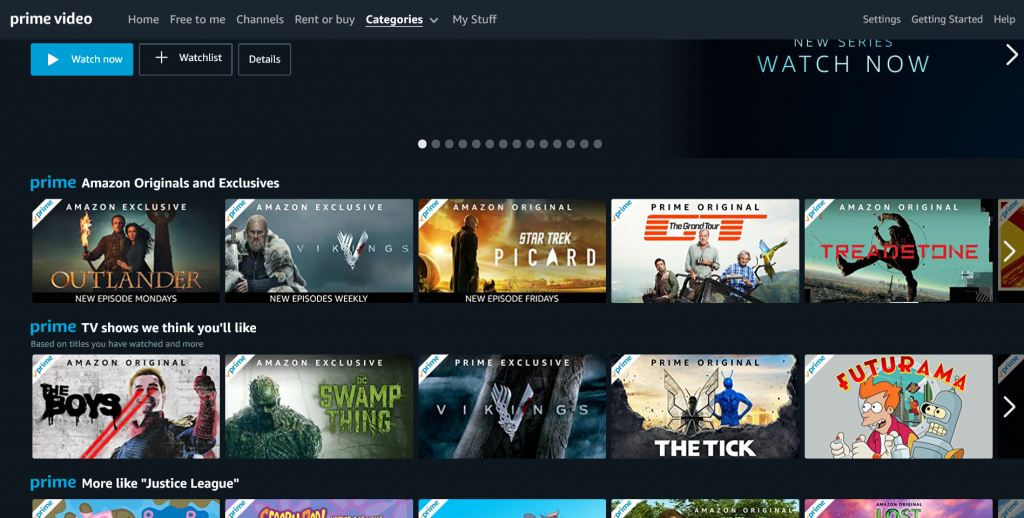
Our first problem-solving day was conducted with the support of Elsevier on Friday, 22nd November 2019. These days are a critical element of all STOR-i programs. On this day, the distinguished corporate leaders introduce an open-ended industrial problem to the meritorious and motivated STOR-i students in the morning.


Most of the companies are investing their vast resources in improving the recommendation system to reach their true potential. Why is it so crucial for a company? 35% of Amazon sales and 75% streaming on Netflix is only due to their personalised recommendation systems.
You must have come across a situation, where you went to buy something in a local shop/ restaurant and ended up buying something else as a substitute or beside. Have you ever thought, how did it happen? The answer to this question is the fundamental logic behind any recommendation system.
Mainly there are two principles behind any recommendation systems,
Collaborative filtering: The user-centric approach. In this method, the recommender engine suggests the products viewed/ purchased by a similar kind of people. As an illustration, let’s assume that you went to a restaurant to buy Kadhi. Then the manager has suggested that most guests like to have Biryani with Kadhi. Finally, you ended up buying both. The restaurant made more profit, and you enjoyed the combo and went again to the restaurant to purchase the same.
(*You may not like the combo and may not revisit, to avoid this situation bandit algorithms may be combined with collaborative filtering)
Problems associated with Collaborative-filtering;
1) Cold Start – The new items do not get any opportunity to show up.
2) Scalability – It requires enormous computing power to run the algorithm.
3) Sparsity – Even the most active users have rated/ bought only a small proportion of items.

In all most every recommender system the data engineers use algorithms, which are materialising both of these principles.
Reference:
https://www.mckinsey.com/industries/retail/our-insights/how-retailers-can-keep-up-with-consumers